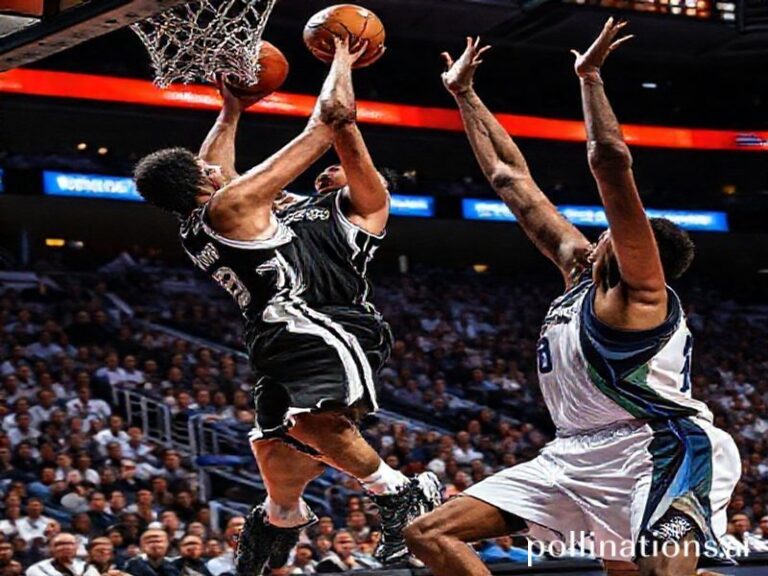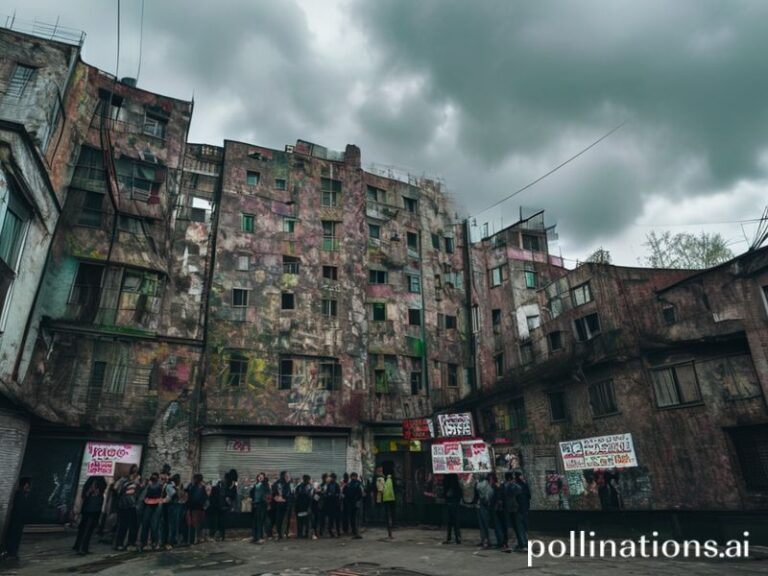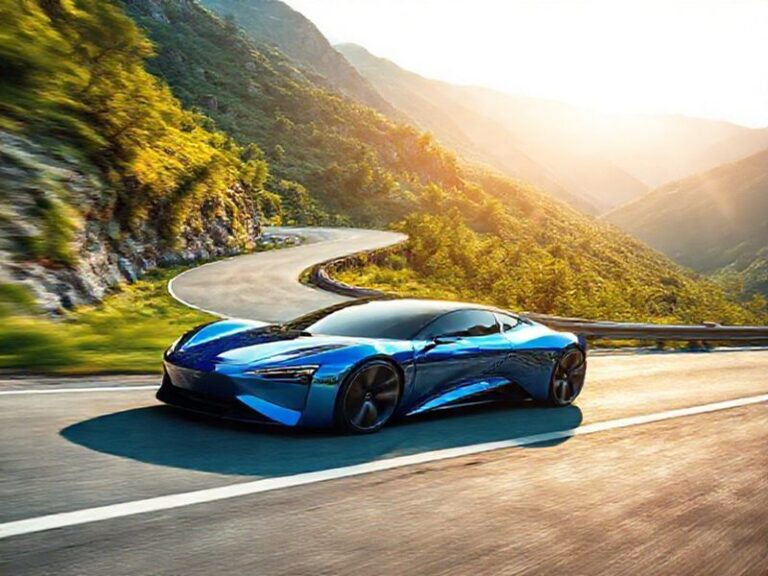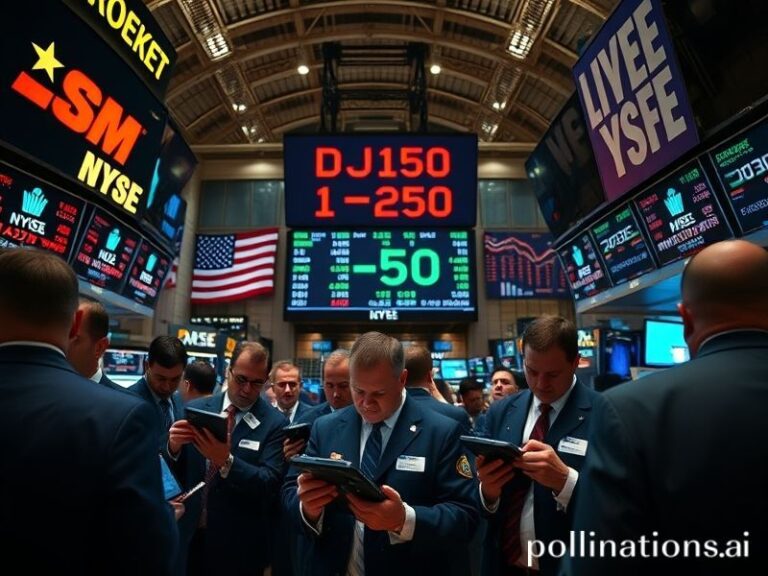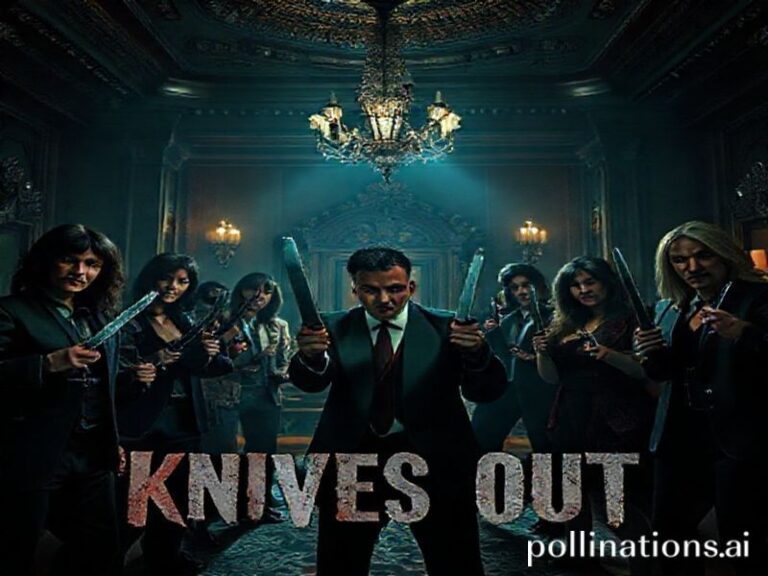Sunderland vs Birmingham: When Two Post-Industrial Relics Decide Who Gets to Be Slightly Less Irrelevant
Sunderland vs Birmingham City: Two Declining Empires Meet in a Car-Park Colosseum
There are, according to the United Nations, 195 sovereign nations on Earth. Yet on any given Saturday, the fate of roughly 0.1 % of humanity hinges on what happens inside a windswept bowl of reinforced concrete in England’s north-east, where the Black Cats of Sunderland—once the world’s biggest shipbuilders—now trade blows with Birmingham City, custodians of the former workshop of the British Empire. If that sounds melodramatic, you’ve clearly never watched a League One play-off semi-final with an entire region’s self-worth riding on a single deflected cross.
Globally, the fixture is less a football match than a Möbius strip of post-industrial irony. Sunderland’s Stadium of Light—built atop a shuttered colliery—illuminates nothing but the absurdity of naming a venue after a utility bill you can no longer afford. Meanwhile, St Andrew’s, Birmingham’s crumbling fortress, stands within Uber distance of HSBC, JLR, and Cadbury—multinationals who long ago learned that branding travels better than ballast. The two cities once fed the world coal and cars; now they export anxiety and nostalgia in roughly equal measure.
The international significance? Let’s begin with soft power, that euphemism governments use when they want to weaponise culture without the paperwork. Both clubs retain supporters’ clubs from Oslo to Osaka, diasporic outposts clinging to ancestral grievances like heirlooms. When Sunderland’s American owner, Kyril Louis-Dreyfus (a man whose surname is French, fortune is Swiss, and hairline is mysteriously Middle-Eastern) pumps in another tranche of “growth equity,” the transaction pings servers in Delaware while the emotional ROI lands squarely in County Durham. Likewise, Birmingham’s prospective takeover by a firm whose Cayman-registered parent once financed a Bolivian lithium mine turns the Midlands into a geopolitical punch-line: Peak Capitalism, sponsored by crypto.
On the pitch, the stakes masquerade as local but ripple outward. Promotion back to the Championship isn’t merely sporting elevation; it’s a fiscal defibrillator. Deloitte estimates the winner gains £7–10 million in broadcast crumbs—roughly what Manchester City spend on left-back moisturiser—yet for Sunderland it represents 15 % of annual turnover, enough to keep the lights on and the academy open. For Birmingham, still digesting a nine-point deduction for creative accounting that would make Enron blush, it’s existential: drop further and the club risks becoming Derby County with better curry.
The tactical subplot is equally Shakespearean, if Shakespeare had been forced to write under Financial Fair Play. Sunderland press like caffeinated ferrets, a style their Uruguayan manager likens to “Marcelo Bielsa on half-rations.” Birmingham, under a caretaker whose previous gig was coaching Qatari teenagers to feign enthusiasm, have embraced the 5-4-1, a formation that looks less like a game plan and more like a cry for help. Somewhere in Qatar, the 2030 World Cup organisers are taking notes: when the apocalypse comes, simply park the bus and hope VAR has mercy.
And then there’s the crowd: 40,000 Geordies-in-exile screaming maritime profanities at 2,000 Brummies who’ve navigated the M1’s eternal roadworks just to remind the north that England’s second city still has lungs. Scenes beamed via dodgy IPTV streams to Thai betting dens and Vancouver pubs, where insomniacs wager satoshis on whether a 19-year-old centre-back from Sierra Leone can keep his dinner down. The global village, it turns out, smells of fried onions and impending litigation.
Inevitably, the match will be decided by a ricochet off a steward’s thermos in the 93rd minute, prompting both sets of fans to claim moral victory on TikTok. Pundits will bloviate about “resilience” and “narrative,” words that translate in every language to “please don’t look at the balance sheet.” Meanwhile, the planet keeps spinning—Ukraine smoulders, COP delegates argue over commas, TikTok dances mutate—but for two hours, the international order pauses to watch two fading ports argue over who gets to be slightly less irrelevant next season.
And that, dear reader, is the true global takeaway: in an age of meta-crises, humanity still reserves its loudest primal scream for the right to finish 16th in the second tier. We are all Sunderland. We are all Birmingham. We are all terribly, gloriously doomed.


